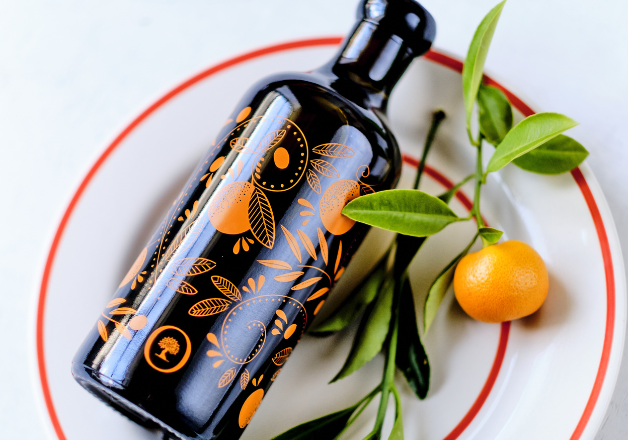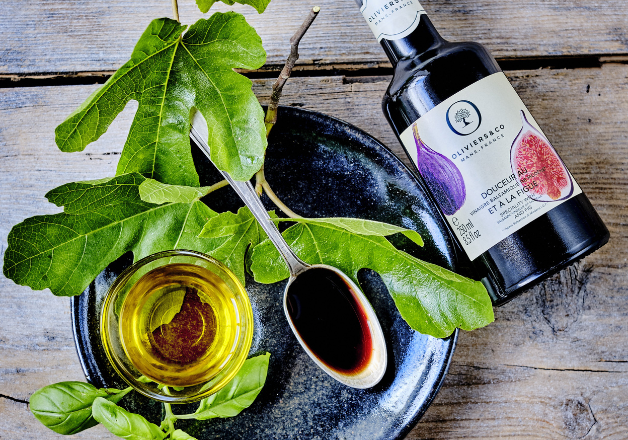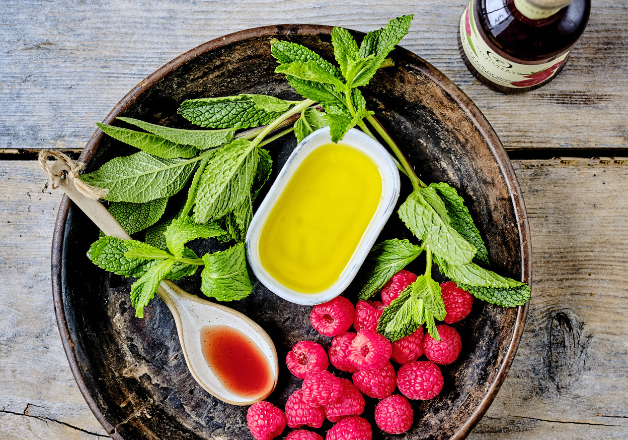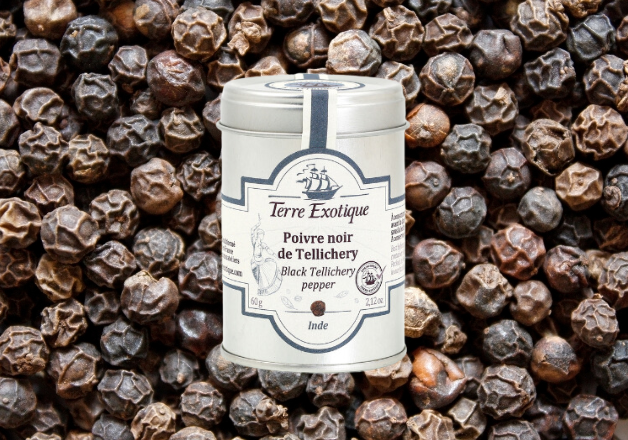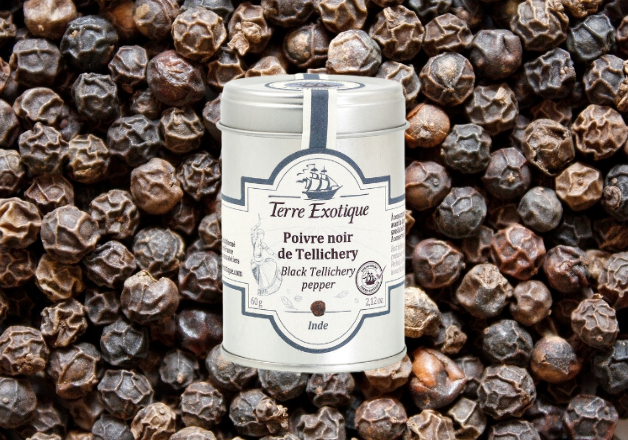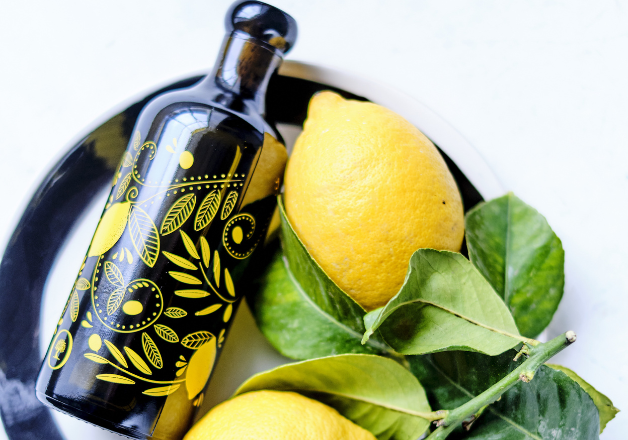

Portugal boasts landscapes of remarkable character, shaped by limestone, quartz, and granite, which contribute to the production of exceptionally fresh and fragrant olive oils.
The Historical Tapestry of Olive Oil in Portugal
The olive tree found its roots in Portugal around the 1st century BC, introduced by the Phoenicians or Greeks, much like in Spain. Thriving in the rocky soil and enduring periods of drought, the olive fruit swiftly became integral to the country's agriculture.
By the 18th century, olive cultivation had spread across five regions, spanning from north to south, and olive oil emerged as a significant commodity in Portugal's foreign trade—a status it maintains to this day.
With the wisdom and expertise passed down through generations, olive oil production has remained predominantly small-scale in Portugal. This commitment to quality has earned Portuguese olive oil recognition on the international stage, often garnering awards alongside larger producing nations.
Diverse Olive Growing Regions in Portugal and Their Varieties
Olive cultivation flourishes throughout Portugal's diverse landscape.
In the northern regions of Bragança, Guarda, and Castelo Branco, as well as Trás-os-Montes.
In the southern regions of Portalegre, Évora, Setúbal, and Beja, forming the heart of Alentejo.
Portugal boasts a range of olive varieties, including Carrasquenha, Cobrançosa, Cordovil de Castelo Branco, Galega Vulgar, Maçanilha Algarvia, and Redondal. Each variety contributes its unique character to the rich tapestry of Portuguese olive oil.
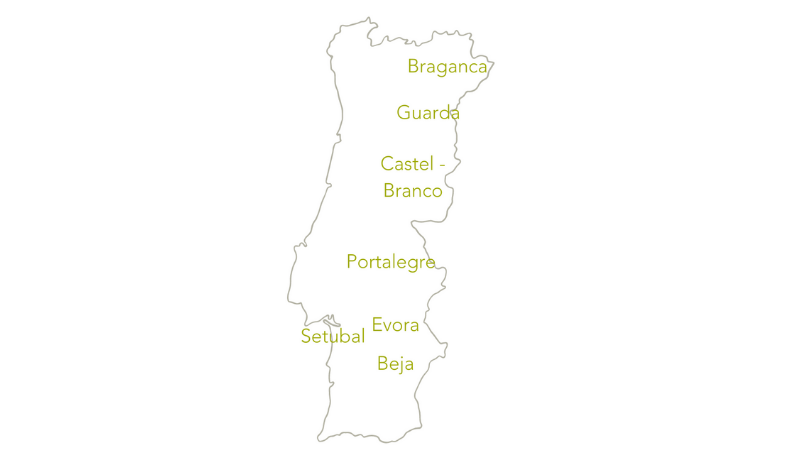

Culture, Food, and Olive Oil in Portugal
By the sunny beach there is an enticing scent of Pateis de Nata straight out of the oven, and a Fado singer can be heard from the neighboring café: we have arrived in Portugal! Bem-vindo!
The Portuguese are proud of their identity and enjoy celebrating it. Music in an integral part of Portuguese life. You will often find them meeting in a friendly atmosphere, football matches being a common place for them to enjoy one another's company
Portuguese people love to cook but going to a restaurant is a habitual routine for them because of how affordable the prices are. Cooking has an incredibly important place amongst Portuguese culture, and the knowledge has been passed down from generation to generation.
Portuguese cuisine is simple and tasty, focusing on good quality ingredients that are made with love and more importantly in VERY generous quantities!
The influence of the Atlantic Ocean with seafood, the Mediterranean tradition of bread and wine, citrus fruits and olive oil offer a varied and tasty cuisine. And the use of olive oil and olives is visible in a plethora of dishes.
The Portuguese economy consists largely of small business and farms, the quality of Portuguese products is high and all the while still affordable. Taste our Portuguese olive oil and see exactly what we mean!



